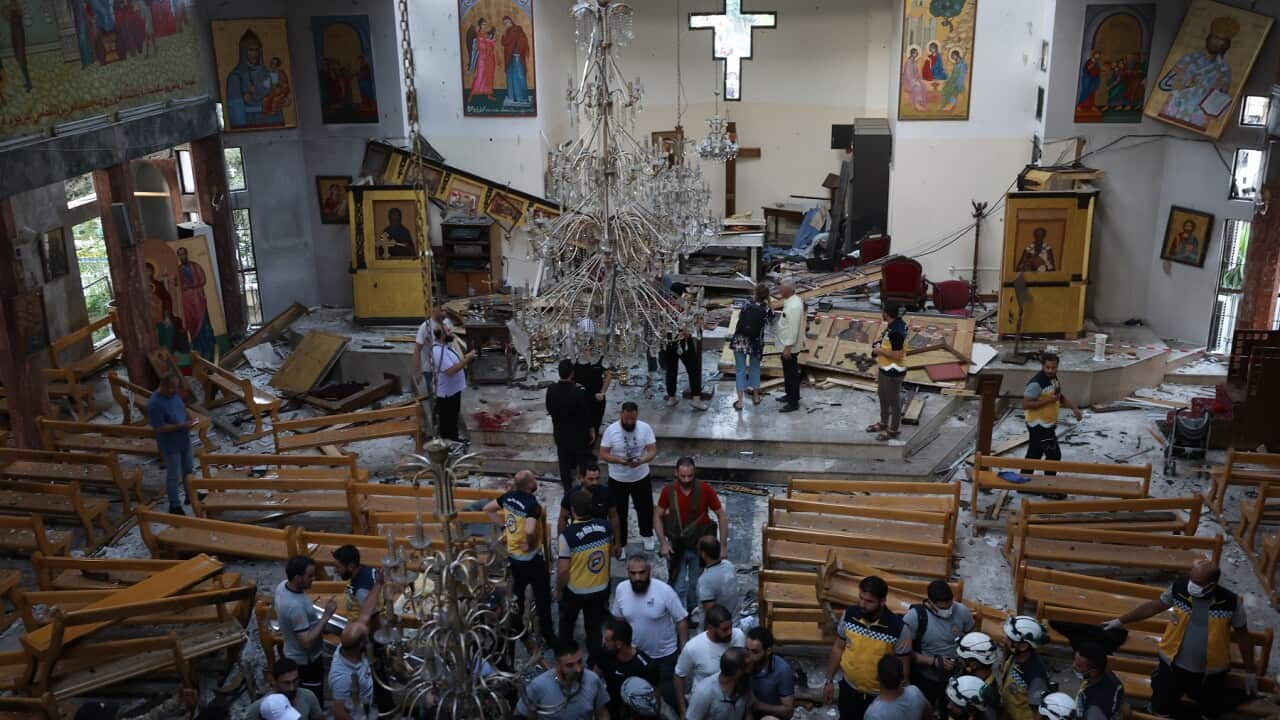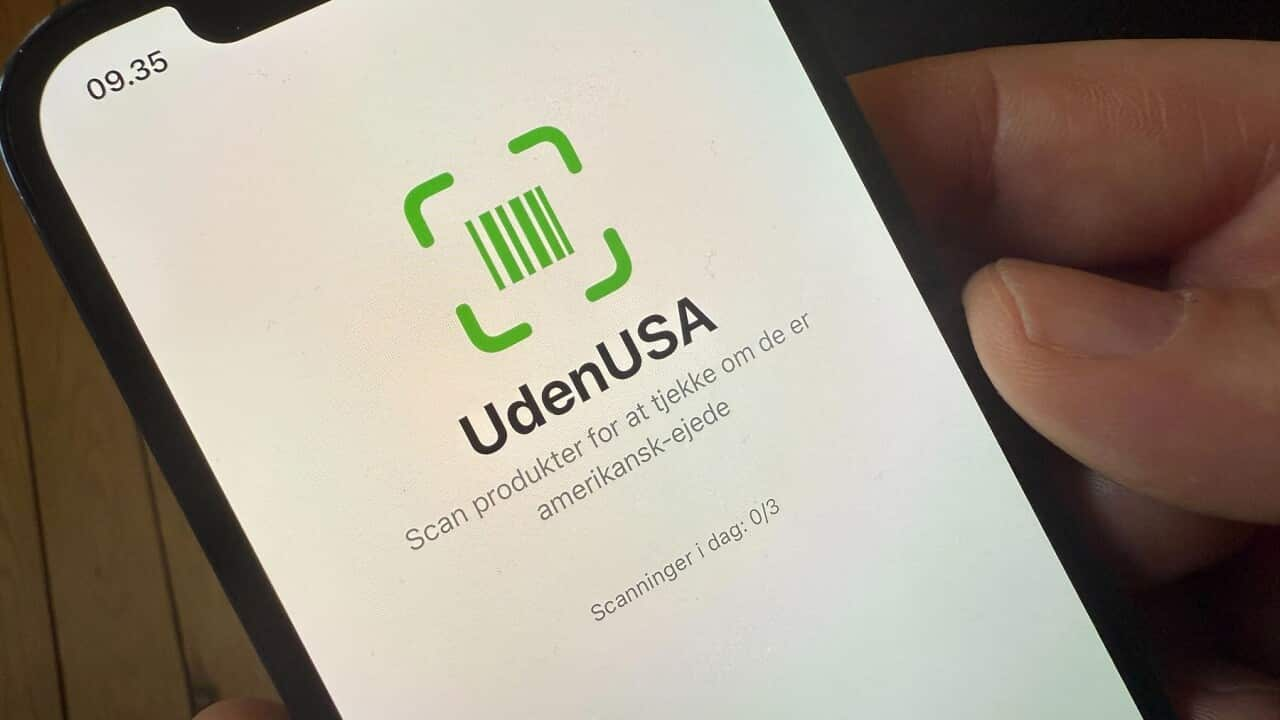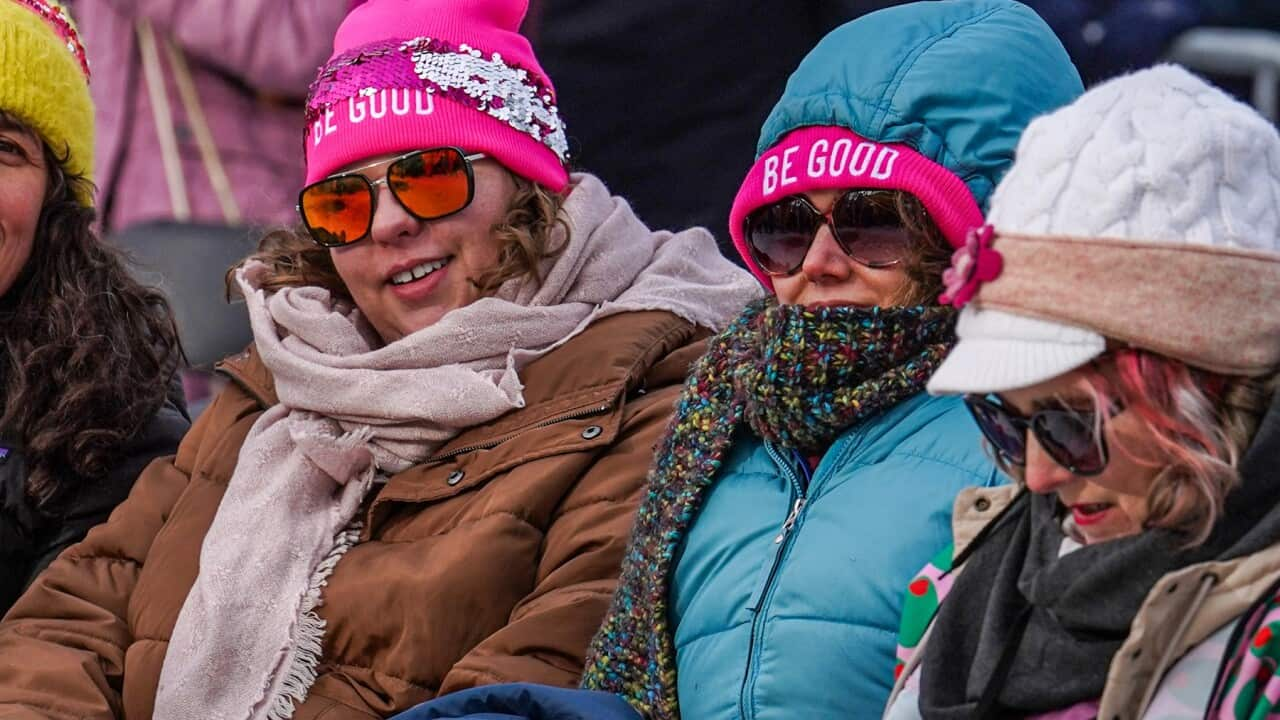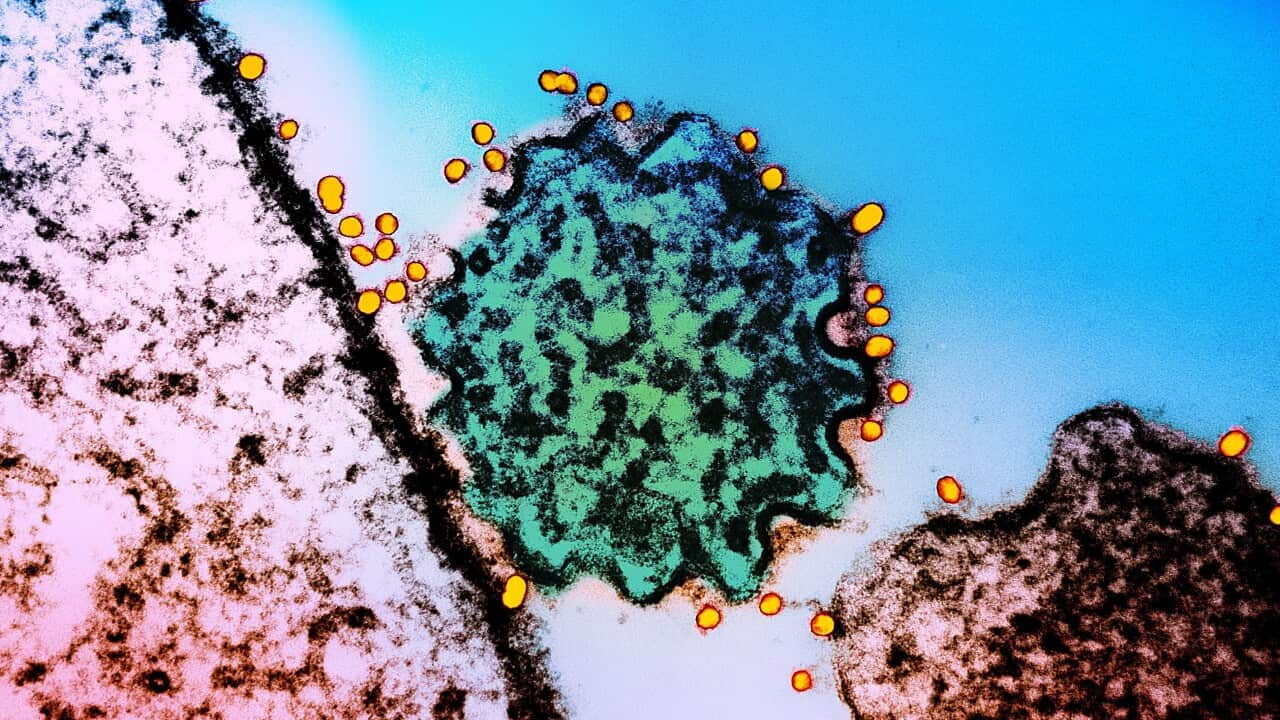Warning: Some listeners may find this content distressing.
Listen to Australian and world news, and follow trending topics with SBS News Podcasts.
TRANSCRIPT
A suicide bomber has struck a packed Greek Orthodox church in Damascus, killing at least 20 people and injuring more than 50 during Sunday Mass at Mar Elias Church in Dweila, a residential district on the city's outskirts.
Syria’s Interior Ministry says the attacker opened fire before detonating his explosive vest at the entrance.
A second assailant may have been involved.
Local reports suggest children were among the victims in one of the deadliest attacks on civilians since former President Bashar al-Assad’s fall.
The Syrian Information Minister, Hamza Mostafa, condemned the attack as an act of terrorism.
Father Fadi Ghattas, was leading the Mass, when the attack took place.
“We were having Mass, and people were praying peacefully, under the eyes of God. Suddenly, someone came in wearing a vest and aiming a weapon. The young men rushed at him to get him out of the church, and at the door he blew himself up.”
He says hundreds of people were at the church.
“There were about 350 people inside the church praying. So many people, I don’t even know. I personally carried over twenty bodies with my own hands. May God have mercy on us and on them.”
Survivors described a scene of utter devastation, with blood, shattered pews, and torn limbs scattered across the floor.
Issam Nasr was at the church when the tragedy unfolded.
“We had just finished the prayer and were on our way out, while people were still inside. Then someone masked and armed came in carrying his weapon. He opened fire on the people and killed many, the church was full. People rushed at him and surrounded him, then he blew himself up at the church door. Bodies were torn apart and scattered and the church collapsed.”
No group immediately claimed responsibility, but authorities say the attacker was a member of the Islamic State group.
If confirmed, it would mark the group’s first successful bombing in Damascus since al-Assad was overthrown in December by an Islamist-led rebel coalition.
While IS lost its territorial strongholds years ago, sleeper cells continue to operate in parts of Syria, particularly in areas with strained or fractured governance.
Mar Elias was not chosen at random.
The church is a symbol for Syria’s dwindling Christian minority.
The latest assault underscores the group's continued ability to exploit security gaps despite the collapse of its territorial control and years of counter-terrorism efforts.
Father Meletius Shattah was also at the church when the gunman burst in on Sunday.
"We started to hear gunfire outside the church for almost two minutes. It was intermittent at first, then the shooting moved to the church yard and eventually inside the church. Suddenly, two people entered with explosive belts and detonated them inside the church during the Mass we hold every Sunday.”
He accuses the new Syrian government of failing to protect its citizens.
“The government always say these are individual acts that the government is not responsible for. But unfortunately our state was not protecting us from these individual acts, it was not protecting us at all. This gave us the impression that the individual acts became institutional acts and not only individual acts and we are not used to asking for protection from anyone. We always lived under the protection of our God. However, we are citizens in this country and it is the responsibility of the state to protect us, this is not a privilege that our state gives to us but it is its responsibility.
The attack has reignited fears about security in the capital, now under transitional rule, and the lingering threat posed by extremist groups like I-S.
President Ahmad al-Sharaa, who led the offensive to oust al-Assad and assumed leadership in January, has repeatedly pledged to safeguard Syria’s minorities.
But Sunday’s events cast doubt on whether his administration can deliver that promise in practice, especially amid ongoing instability.
Meanwhile, security forces have increased patrols near places of worship, and emergency services have begun clearing debris from the scene.













